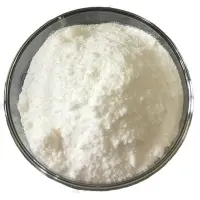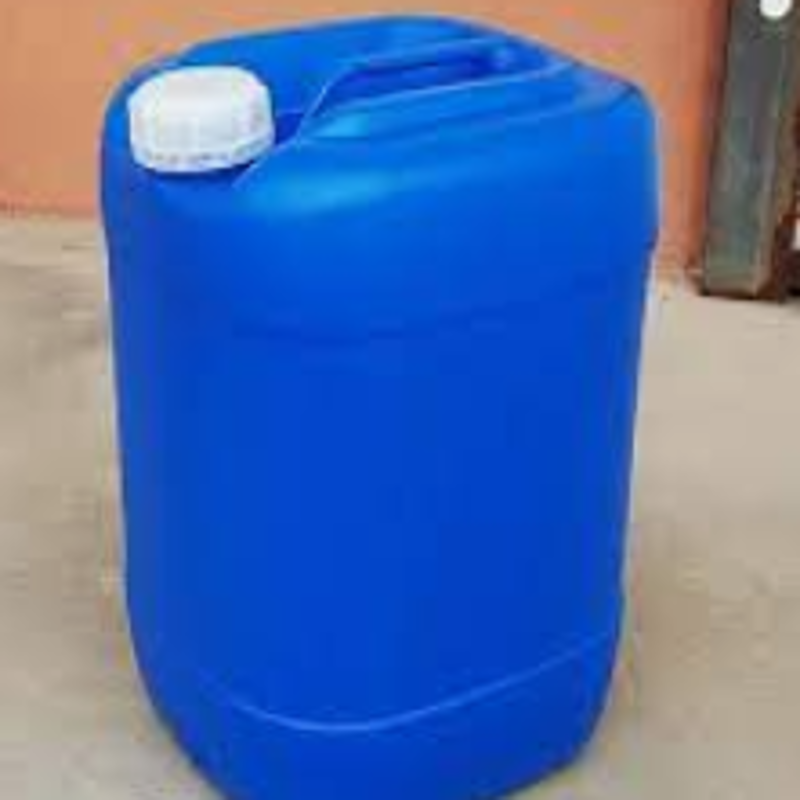-
Categories
-
Pharmaceutical Intermediates
-
Active Pharmaceutical Ingredients
-
Food Additives
- Industrial Coatings
- Agrochemicals
- Dyes and Pigments
- Surfactant
- Flavors and Fragrances
- Chemical Reagents
- Catalyst and Auxiliary
- Natural Products
- Inorganic Chemistry
-
Organic Chemistry
-
Biochemical Engineering
- Analytical Chemistry
-
Cosmetic Ingredient
- Water Treatment Chemical
-
Pharmaceutical Intermediates
Promotion
ECHEMI Mall
Wholesale
Weekly Price
Exhibition
News
-
Trade Service
Carbosulfan is an important chemical compound that is widely used in various industries, including the chemical industry, the agricultural industry, and the pharmaceutical industry.
In the chemical industry, Carbosulfan is used as an intermediate in the production of various chemical products.
The chemical industry is a complex and interconnected web of processes, and the production of one chemical compound often involves the use of several intermediate compounds.
Carbosulfan is one such intermediate compound, and its production and use are closely tied to the production of other chemicals.
One of the key upstream products of Carbosulfan is sodium sulfide.
Sodium sulfide is produced by the reaction of sulfur with sodium hydroxide.
This reaction produces a compound that is highly reactive and caustic, and it must be handled with care.
Sodium sulfide is used in a variety of applications, including the production of other chemicals, such as detergents and surfactants.
It is also used in the extraction of metals, such as gold and silver, from their ores.
Another upstream product of Carbosulfan is dimethyl sulfate.
Dimethyl sulfate is produced by the reaction of methyl iodide with sulfuric acid.
This reaction produces a highly reactive compound that is used in the production of a variety of chemicals, including drugs, plastics, and fibers.
Dimethyl sulfate is also used in the production of other intermediates, such as bis(2-chloroethyl)ether and bis(2-chloroethyl)sulfide.
Carbosulfan is also an important downstream product in the production of other chemicals.
One of the most important downstream products of Carbosulfan is dichloroethyl sulfide.
Dichloroethyl sulfide is produced by the reaction of chlorine with Carbosulfan.
This reaction produces a compound that is used in the production of other chemicals, including pesticides, herbicides, and pharmaceuticals.
Another important downstream product of Carbosulfan is bis(2-chloroethyl)ether.
Bis(2-chloroethyl)ether is produced by the reaction of Carbosulfan with chloroform.
This reaction produces a compound that is used in the production of other chemicals, including solvents, plastics, and fibers.
Bis(2-chloroethyl)ether is also used in the production of other intermediates, such as trichloroethylene and perchloroethylene.
In addition to these downstream products, Carbosulfan is also used in the production of other chemicals, such as trichloroethylene and perchloroethylene.
These compounds are used in a variety of applications, including the production of cleaning solvents and dry-cleaning agents.
Overall, Carbosulfan is a critical intermediate compound in the production of a variety of chemicals.
Its upstream products, including sodium sulfide and dimethyl sulfate, are used in the production of other chemicals, while its downstream products, including dichloroethyl sulfide and bis(2-chloroethyl)ether, are used in the production of other chemicals and intermediates.
The production and use of Carbosulfan are closely tied to the production of other chemicals, and it plays an important role in the chemical industry.







